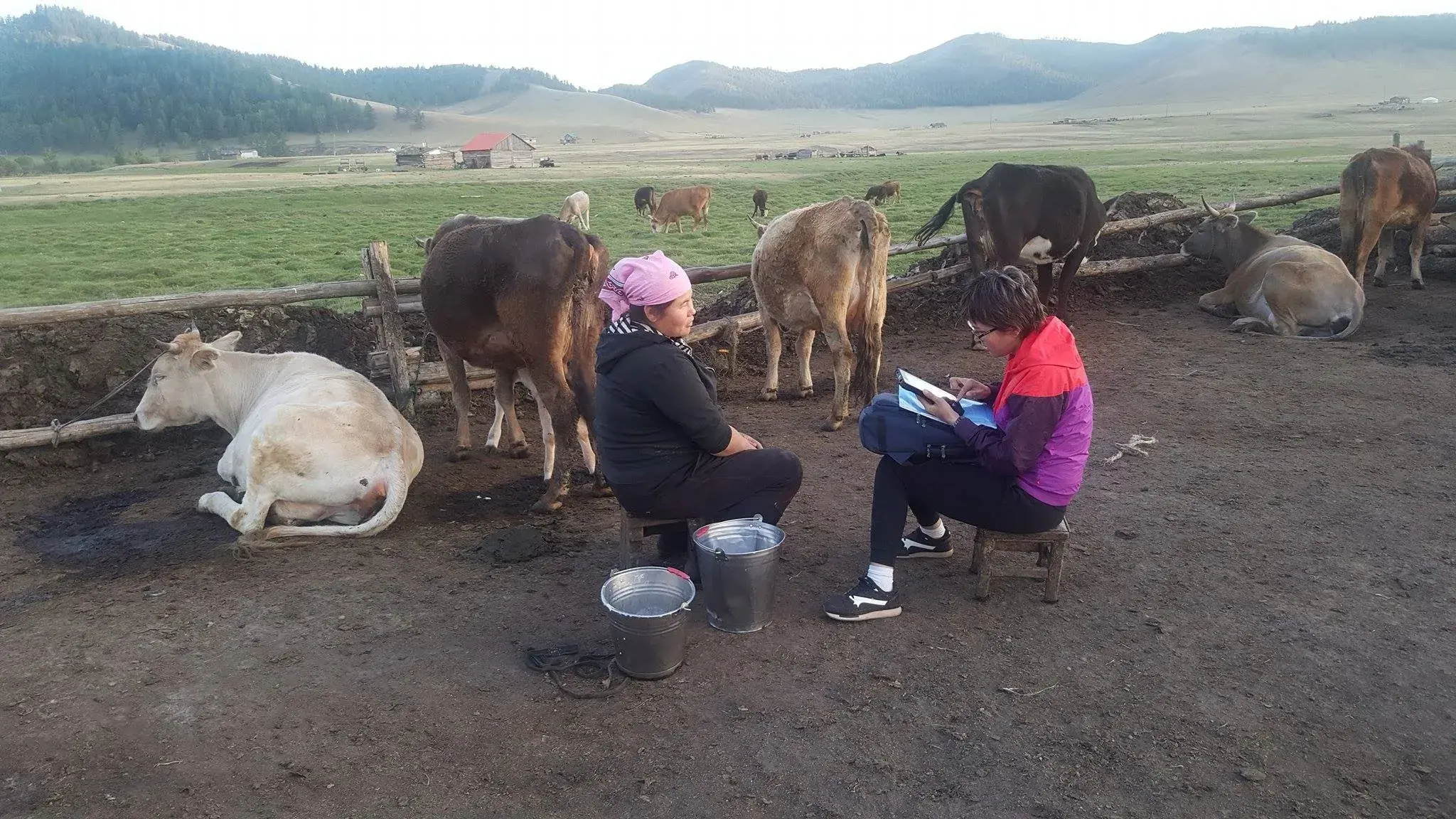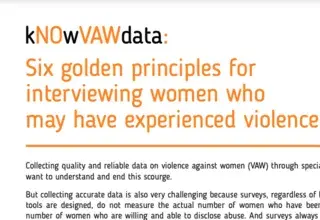SUVA – Five countries in the South Pacific region will soon begin national studies of the prevalence and patterns of violence against women, after technical preparations for core research teams ended in Fiji’s capital last month.
Organized by UNFPA, the United Nations Population Fund, the preparations involved the country research coordinator and officials from the statistics office and the lead ministry of the countries involved, namely Cook Islands, Federated States of Micronesia, Nauru, Palau and Republic of Marshall Islands. These countries will receive technical support from UNFPA, with financial backing from AusAID, to carry out national studies over the next two years.
“By the end of the year, our region where the very first study on violence against women prevalence using the WHO methodology took place in Samoa, will have 11 out of 14 countries and territories with national studies,” UNFPA Pacific Sub-Regional Office Director and Representative Dirk Jena said. “This is the highest concentration of such studies in the world, demonstrating the determination of the Pacific islander that no such injustice should be given a place in their homes and affect everybody’s well-being.”
Preparations for the new research teams were held in two streams: an initial week-long training workshop for core research teams and a three-day consultation involving participation from a wider spectrum of stakeholders. The workshop technically-prepared the core research teams who then developed their respective implementation plans following the methodology developed for World Health Organization (WHO) multi-country study on women’s health and domestic violence.
The training for 24 participants was facilitated by Dr. Henriette Jansen who was part of the team that developed the WHO study methodology and who supported all the countries in the WHO multi-country study on women’s health and domestic violence. Dr. Jansen has recently joined the UNFPA Pacific Sub-Regional Office as international researcher to coordinate and provide technical support to the new national studies.
The consultation Data for Action , which was held on 14-16 May, involved knowledge exchange between representatives of countries that had already implemented the study and those who intend to. The study has been implemented already by six island countries – Fiji, Kiribati, Samoa, Solomon Island, Tonga and Vanuatu. The previous studies were spread across the last decade using WHO’s methodology.
The consultation allowed sharing of results, as well as lessons learned from field implementation and from the use of data for action. “The available data already show striking differences in patterns of violence against women across the region; but the data also show how violence consistently affects women’s reproductive and mental health. Women who have suffered domestic violence much more likely to contemplate suicide compared to women who have not, wherever they live,” Dr Jansen said.
Dr Jansen said most countries still do not have data. She said the data that will be collected will be a powerful basis for developing policy and approaches to protect women and girls against violence as is demonstrated by the examples given by Samoa and Kirbati.
The 55 participants at the consultation included key stakeholders: AusAID, Delegation of the European Union, Fiji Ministry of Health, Foundation of the Peoples of the South Pacific, Pacific Forum Secretariat, Secretariat of the Pacific Community, Auckland University of Technology, University of Auckland, University of the South Pacific, United Nations Development Programme (UNDP), United Nations Children’s Fund (UNICEF), UN Women and UNFPA. Present also at the meeting were government representatives from Papua New Guinea where a national study is envisioned in the future.
“UNFPA is honoured to be in partnership with so many governments of the Pacific, with our regional partners who are supporting various interventions that address violence against women and also strengthening of health systems to respond to violence against women,” Jena said. “Together, we hope to maintain this vibrant community of practice, sharing, consulting and learning. Together, we hope to further deepen the understanding of violence against women."
Dr Jansen has previously been involved in violence against women studies in Fiji, Tonga and Samoa, conducted by local women non-governmental organizations. She was technical advisor for the studies in Kiribati, Solomon Islands and Vanuatu. She wrote Swimming against the Tide , a UNFPA publication that discusses lessons learned from the field research projects in Kiribati and Solomon Islands.




